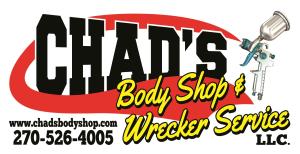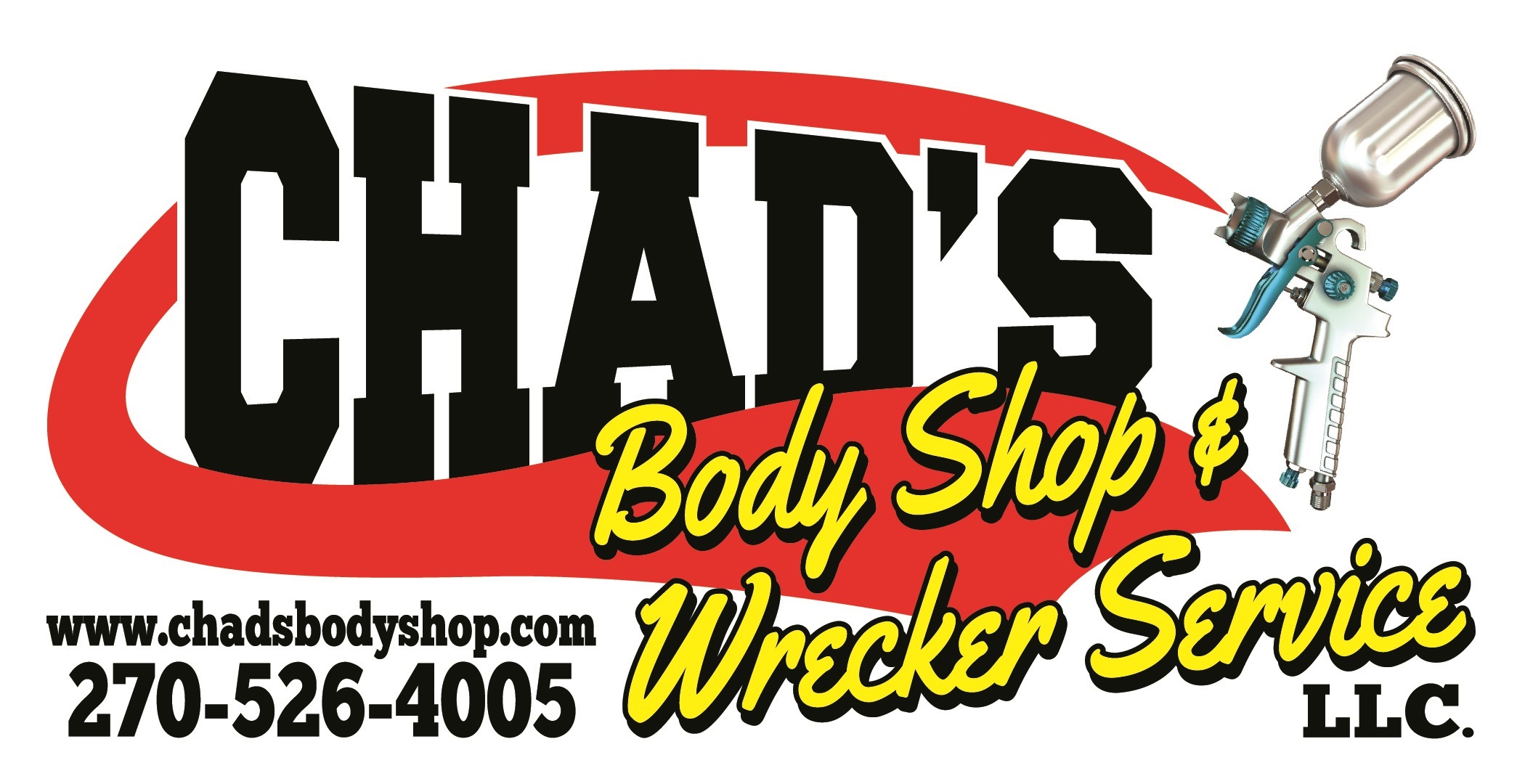The Realities of Prescription Drug Abuse
By: Lloyd G. Saylor, County Extension Agent for 4-H Youth Development
Source: Jennifer Tackett, Extension Specialist for 4-H Youth Development, National Family Partnership, Partnership for a Drug-Free America, Bluegrass Prevention Center
Unfortunately, prescription drug abuse has become all too common in our society. We see instances of it every day in the media, in our communities and in our extended family and friends. It’s extremely troubling that prescription drug abuse is not only an adult problem, but a youth problem as well.
According to the National Family Partnership, more than 4,000 children and young adults begin experimenting with prescription drugs each day. One-third of all new prescription drug abusers are between the ages of 12 to 17, with 13 being the mean age for the first non-prescribed use of sedatives or stimulants. According to the Bluegrass Prevention Center, 9.8 percent of Kentucky’s 12 to 17 year olds are likely abusing prescription pain relievers.
Among this age group, the most commonly abused drug categories in descending order are pain relievers, depressants, stimulants and over-the-counter medications with active ingredient dextromethorphan.
Many teens may choose to abuse prescription drugs rather than try illegal drugs because they believe prescription drugs are not as dangerous. However, prescription drugs can have severe consequences, especially if they are taken by someone other than the intended person or if the user does not follow the directions. Short-term side effects include drowsiness, irritability and impaired judgment. Long-term side effects range from high blood pressure to addiction to withdrawl or death.
Another reason young people commonly abuse prescription drugs is that many times, they are easily accessible. Seventy percent of young people who abuse prescription drugs take or purchase them from family and friends. Keep track of the number of pills you have and the refill numbers. One of the simplest things you can do as a parent or relative is to deny access to prescription drugs by hiding them or locking them up in a secure location. Encourage your family members to do the same. You should also properly dispose of any medication that you did not finish. Many communities have take-back programs.
As a parent, you have the opportunity to be the biggest influence on your child’s life and thus, can help guide them down the path of a drug-free life. Regularly take time to listen and talk to your child about their life. If your child is tight-lipped or provides one word answers to your questions you can ask more direct questions such as asking about cliques, their schoolwork or extra-curricular events. Encourage them to bring their friends around so you can get to know them.
If you have trouble talking to your teen about drug abuse and its effects, you can use movie stars, sports figures and movie characters who struggle with addiction issues as conversation starters. If a family member has a prescription drug abuse problem, be honest about it with your teen, and talk to them about the family member’s struggles and what the family is doing to support each other in this situation. Teach them to be confident in themselves, their beliefs and values and to firmly say no when offered drugs by their peers.
The University of Kentucky Cooperative Extension Service and state drug abuse prevention agencies have developed a website that includes comprehensive information about prescription drug abuse and other forms of substance abuse. It is available at http://facesofdrugabuse.net.
For more information contact the Butler County Extension Office at 112 E GL Smith Street, Morgantown or call 526-3767.
Educational programs of the Kentucky Cooperative Extension Service serve all people regardless of race, color, age, sex, disability, or national origin.
- Log in to post comments


























